
Energy and climate policy
Explore our work on European climate and energy policy and the economic policies required to drive the transition to a more sustainable growth model.
Climate change is the defining challenge of our time. Adequately responding to it requires a profound transformation in the way we produce and consume energy, as well as a wider reorganization of our economic model. Bruegel scholars contribute to this difficult but fascinating task by providing timely analysis on the European climate policy developments, as well as on the evolution of global climate governance. All of this with a special attention to the macroeconomic and geopolitical implications of the European and global decarbonisation process.
Energy is at the core of the climate challenge, and at the same time it represents a fundamental driver of global geopolitical and geoeconomic dynamics. Bruegel scholars work on all the three elements of the energy policy triangle (sustainability, security, and competitiveness), with a view that keeping it in balance alongside the decarbonisation journey represents a key challenge for policymakers in Europe and beyond. This task got even more difficult in 2022, as the Russian invasion of Ukraine ignited a major energy crisis that has pushed Europe to rapidly re-design its energy map. Bruegel contributes to this difficult endeavour by providing policy insights, as well as reliable data on energy flows and policies to better inform policy choices.
Energy

European natural gas imports
This dataset aggregates daily data on European natural gas import flows and storage levels.
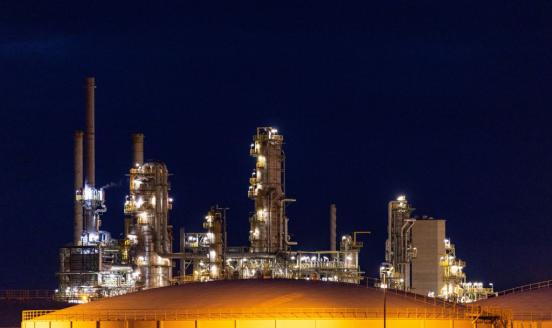
European natural gas demand tracker
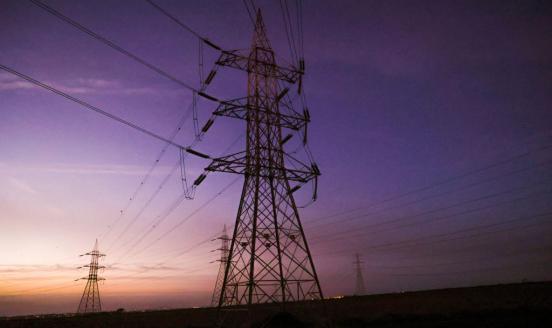
Unity in power, power in unity: why the EU needs more integrated electricity markets
Electricity market integration has substantial benefits that will improve the resilience and enable the transition of Europe’s energy system
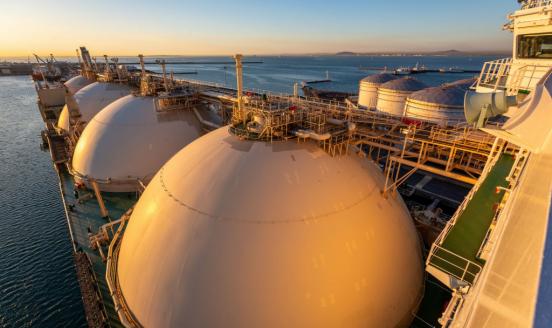
Russian crude oil tracker
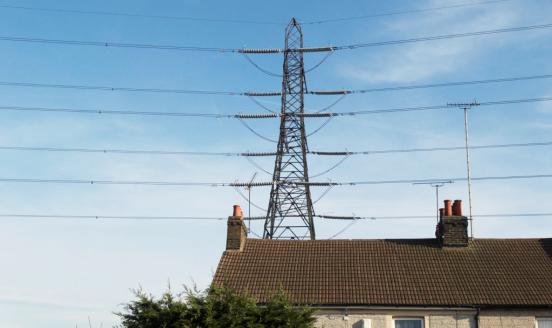
Europe’s under-the-radar industrial policy: intervention in electricity pricing
Government efforts to artificially lower electricity prices for one group of consumers will raise prices for others, with cross-border implications.
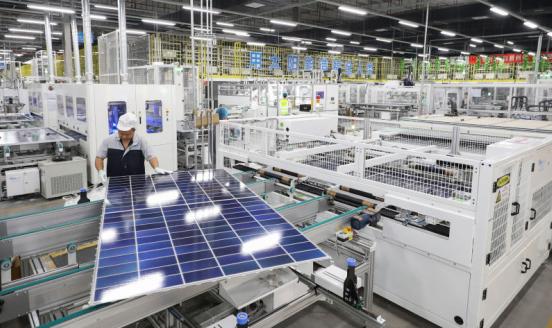
De-risking and decarbonising: a green tech partnership to reduce reliance on China
Greater alignment of the major economic powers is needed around a collective effort to improve security of supply for decarbonisation goods.
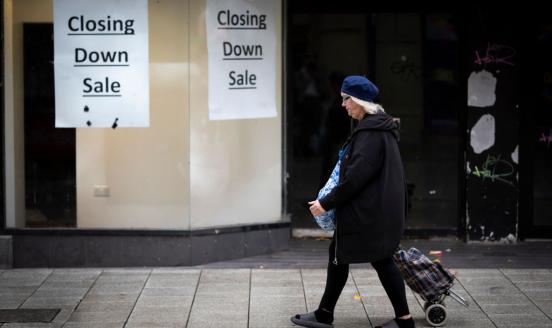
Recessions, the energy mix and environmental policy
This paper highlights that recessions result in permanent increases in energy efficiency and in the share of renewables in total electricity.
Publications
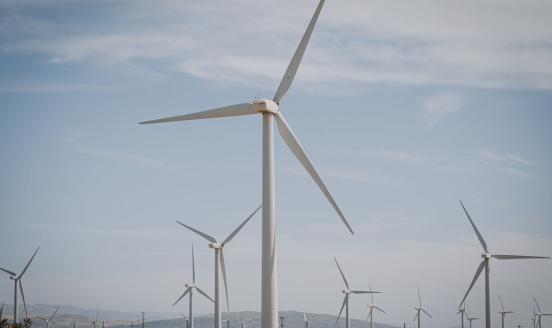
Green Industrial Policy in Europe: Past, Present, and Prospects
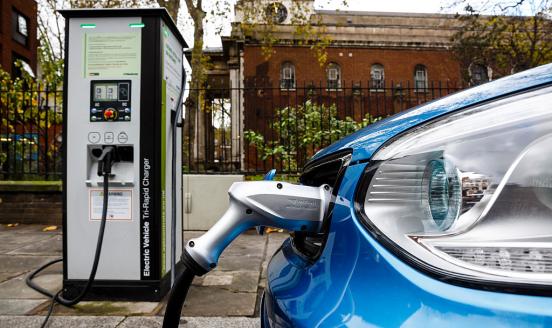
Making industrial policy work: a case study on the European Battery Alliance Academy
Efforts to address skilled-labour shortages in the battery sector can provide lessons to other areas of EU industrial policy.

The European Union's Global Gateway: An institutional and economic overview
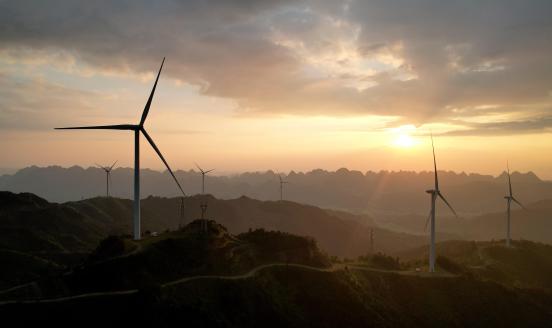
Investments in the sustainability transition: leveraging green industrial policy against emerging constraints
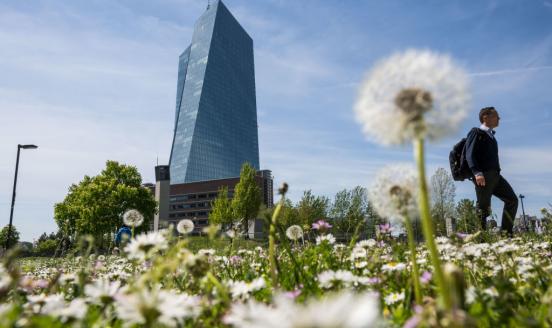
Low-carbon allocation in monetary policy implementation

The economic implications of climate action
Bruegel Blog
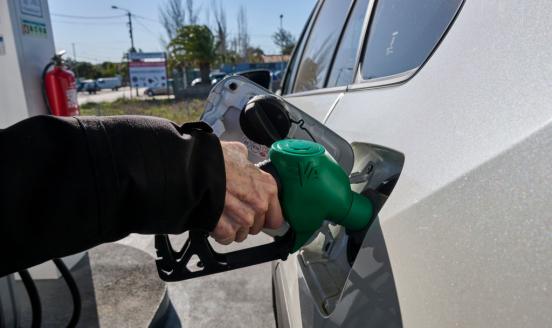
Europe’s half a million barrels per day diesel supply question
A new European Union embargo on Russian oil products should not affect EU diesel supplies and prices, but could encourage re-routing by Russia.
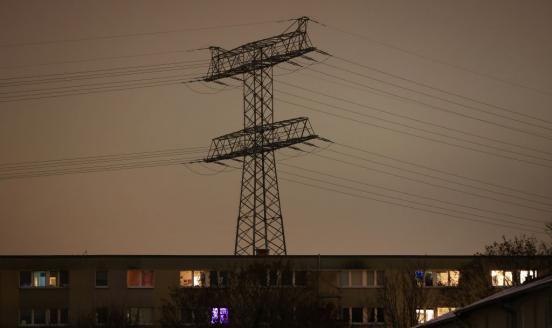
To cap or not to cap: the deal Europe needs on energy prices
An EU gas price cap would be counterproductive, but the reasons why it is supported widely must be acknowledged and addressed.

Success at COP27 will be defined by progress on climate finance and ‘loss and damage’
COP27 should create the basis of a global loss-and-damage fund to help vulnerable countries already suffering from climate disasters.
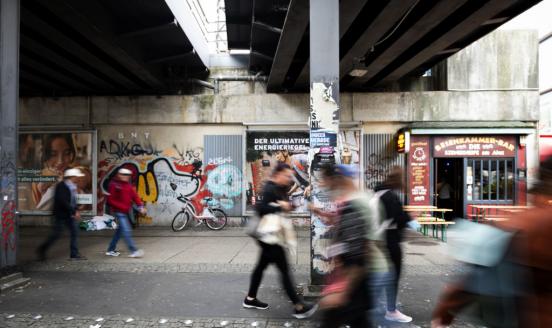
How European Union energy policies could mitigate the coming recession
The European Union faces recession, but the way in which policymakers manage the energy crisis will determine its depth and duration.
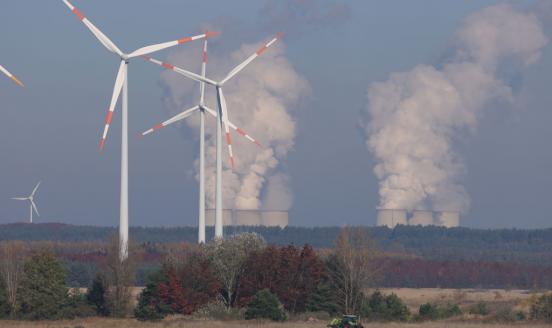
Does the European Union need an energy crisis fund?
An EU energy fund is justified, but for different reasons than commonly assumed, with implications for the fund’s design.
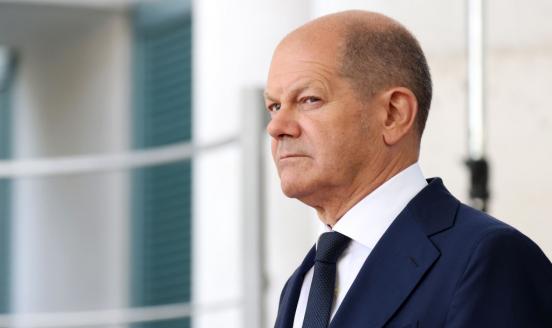
Germany’s gas-price ‘defence shield’: problems and redeeming features
The €200 billion “defence shield” risks undermining European solidarity. This could be avoided by designing it well.
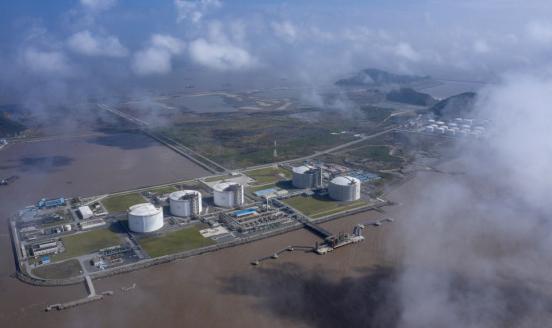
What role for China in the global refining crunch?
Despite high prices, China’s substantial spare oil refining capacity remains restricted.
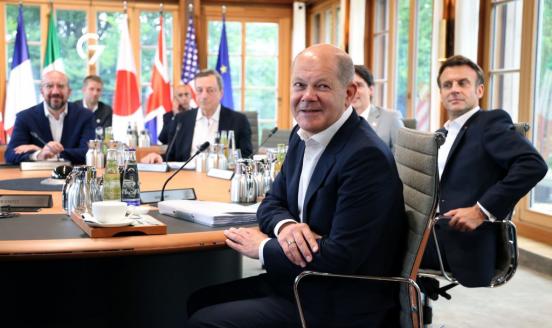
A possible G7 price cap on Russian oil: issues at stake
A price cap on Russian oil might improve the current western sanctions regime, but effectiveness will depend on the west’s willingness
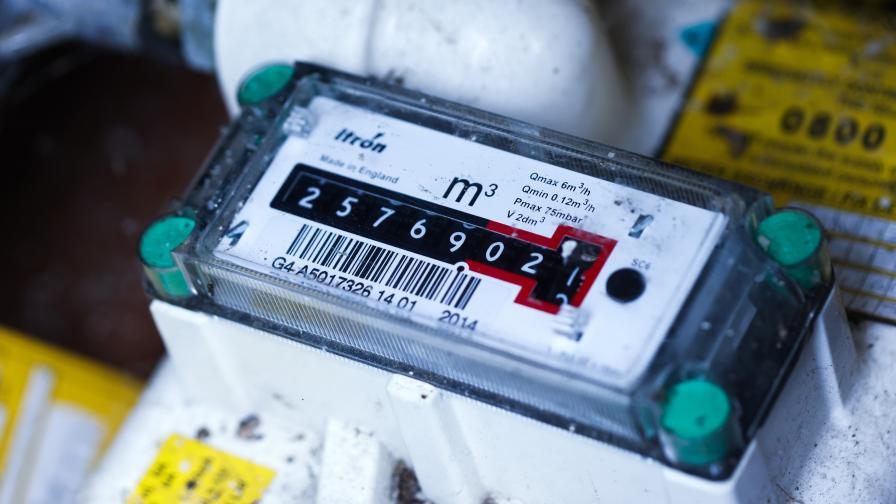
Energy
Explore Bruegel's work on the energy transition.
Read morePodcasts
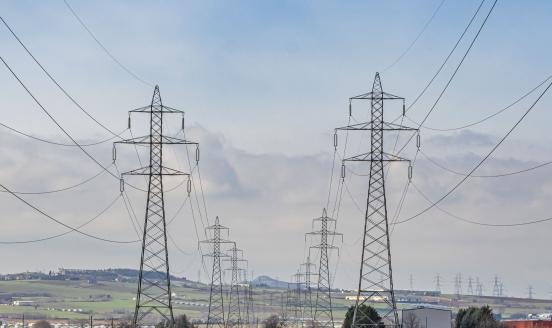
One grid to rule them all? The future of a European single electricity market
Envisioning a better-integrated European electricity market
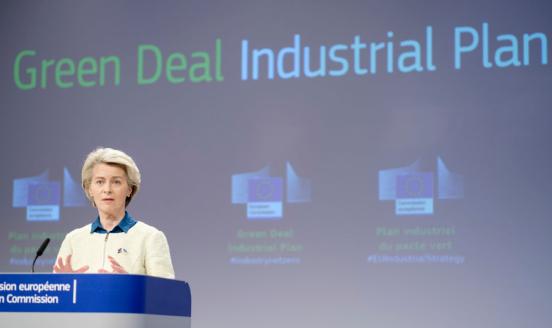
Industrial strategies for Europe’s green transition
Industrial policies are not necessarily incompatible with competition and should be designed to not slow down structural change and business dynamics.
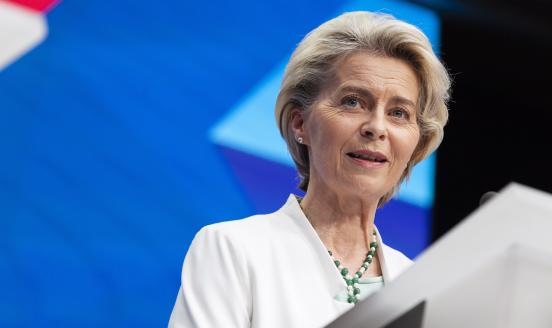
Assessing the State of the Union 2023
In this episode, we look at the 2023 State of the Union address delivered by Ursula von der Leyen, President of the European Commission.
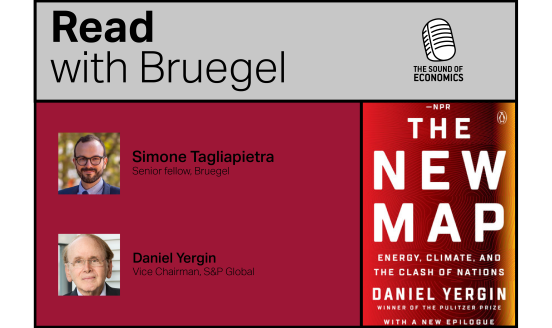
Read with Bruegel: The New Map: Energy, Climate, and the Clash of Nations
Examining the past, present and future of the global energy system.